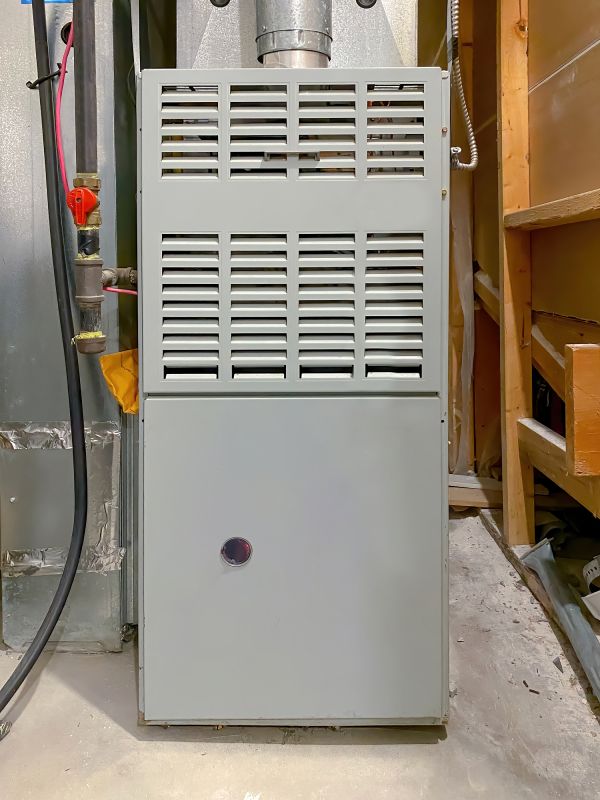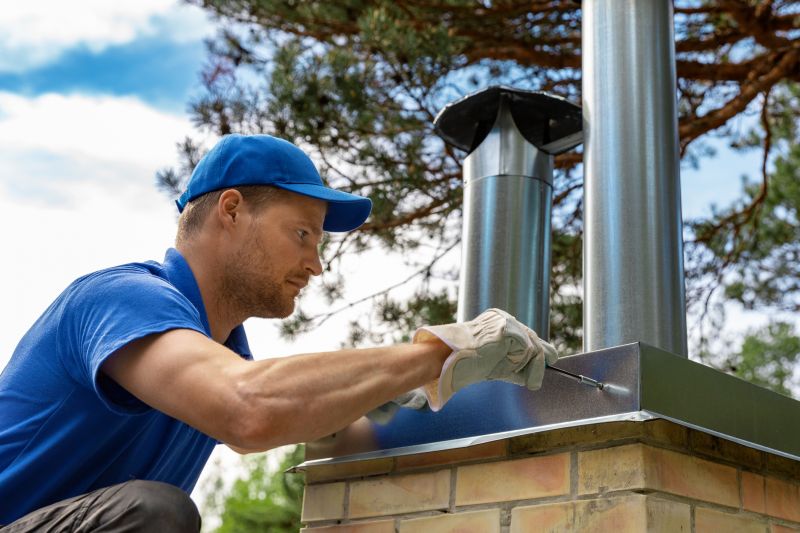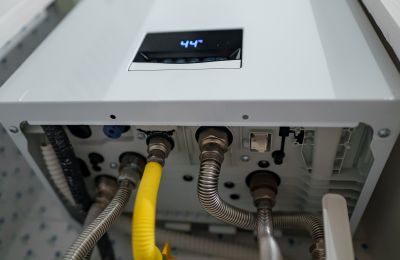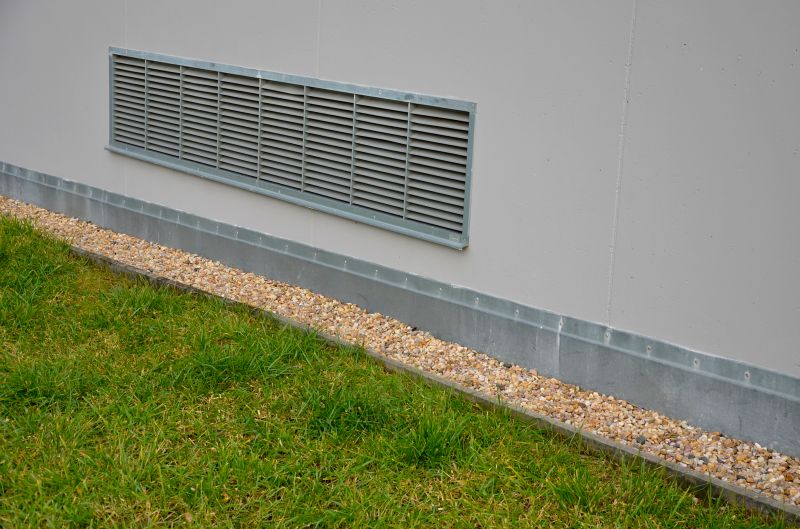Reliable Flue Installations for Your Heating Needs
Proper flue installation is essential for the safe and efficient operation of heating appliances. It involves the correct placement, connection, and sealing of flue systems to ensure the safe venting of combustion gases. An accurately installed flue minimizes the risk of harmful gases leaking into indoor spaces and ensures compliance with safety standards.

A professionally installed flue system showing the connection to a heating appliance and the exterior venting.

Technicians assembling and securing flue components during installation.

Close-up of flue pipe connections and sealing techniques used to prevent leaks.
The process of installing a flue typically takes a professional between several hours to a day, depending on the complexity of the system and the building structure. It involves assessing the location for optimal venting, selecting appropriate materials, and ensuring all connections are airtight and secure. Proper installation requires attention to detail to prevent issues such as blockages, leaks, or inefficient venting.
Hiring a professional for flue installation is highly recommended. Experienced technicians understand building codes and safety standards, reducing the risk of future problems. They also ensure that the system is correctly aligned and sealed, which is critical for safe operation and long-term performance. Proper installation can extend the lifespan of heating appliances and help maintain indoor air quality.
High-quality flue pipes, connectors, and sealing components ensure durability and safety.
Vertical, horizontal, and concentric flues are selected based on building layout and appliance type.
Correct venting prevents the buildup of dangerous gases like carbon monoxide inside the building.
Regular inspections and cleaning of the flue system help maintain optimal performance and safety.
| Aspect | Details |
|---|---|
| Average Installation Time | Several hours to a day |
| Materials Used | Stainless steel, aluminum, or specialized venting pipes |
| Common Challenges | Proper sealing, avoiding obstructions, ensuring correct slope |
| Cost Range | Varies based on system complexity and building type |
| Regulations | Must comply with local building codes and safety standards |
| Lifespan | Typically 10-20 years with proper maintenance |
| Safety Risks of Poor Installation | Gas leaks, carbon monoxide poisoning, fire hazards |
Ensuring a professional installation of a flue system is vital for the safety and efficiency of heating appliances. Properly installed flues contribute to better indoor air quality, prevent dangerous gas buildup, and enhance the longevity of the entire heating setup. Regular assessments and maintenance further support safe operation over time.

A completed flue system with exterior venting and secure connections.

Technicians checking seals and connections for airtightness.

Vents properly installed through the building exterior for safe exhaust.
Those interested in a professional assessment or installation can contact for a detailed quote. Properly installed flue systems ensure safety, efficiency, and compliance with safety standards, making them a crucial component of any heating setup.
